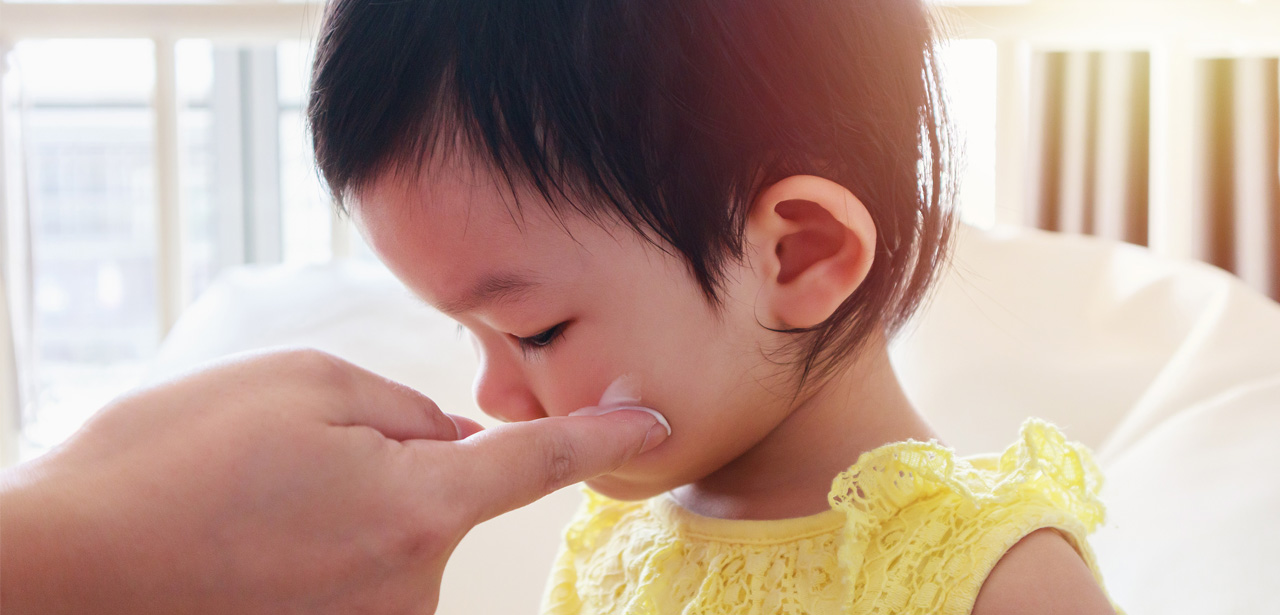BackgroundAfter 40 years of limited viral circulation, Reunion Island has since 2018 experienced recurrent dengue outbreaks of increasing intensity and severity.AimWe aimed to report on the epidemiology and characteristics of dengue in Reunion Island between 2018 and 2021.MethodsBetween 2018 and August 2021, we systematically collected data on dengue cases via an automated transmission system between the health authorities and the medical laboratories. We set up additional surveillance systems for dengue-related activity in primary care, in emergency departments and in inpatient departments.ResultsUntil 2020, despite numerous cases, outbreaks had a limited public health impact because of few severe cases, low lethality and no heavy burden for the health care system. In 2021, however, the number of severe cases increased (from 0.4% of all cases in 2018 to 0.8% in 2021), as did the number of paediatric cases (from 8% in 2018 to 15% in 2021) and atypical clinical forms of dengue (108 cases of post-dengue maculopathy). Of note, haemorrhagic forms were rare and multi-organ failure was the most frequent severity throughout the study period. In parallel, the dominant serotype switched from DENV2 to DENV1 in 2020 and DENV1 became the only serotype detected in 2021.ConclusionThese findings indicate that dengue is becoming endemic in Reunion Island. Since comorbidities associated with severity of dengue are common in the population, health authorities should carefully consider the impact of dengue when addressing public health policies.
Auteur : Vincent Muriel, Paty Marie Claire, Gerardin Patrick, Balleydier Elsa, Etienne Aurélie, Daoudi Jamel, Thouillot Fabian, Jaffar-Bandjee Marie-Christine, Menudier Luce
Eurosurveillance, 2023, vol. 28, n°. 29, p. 2200769


